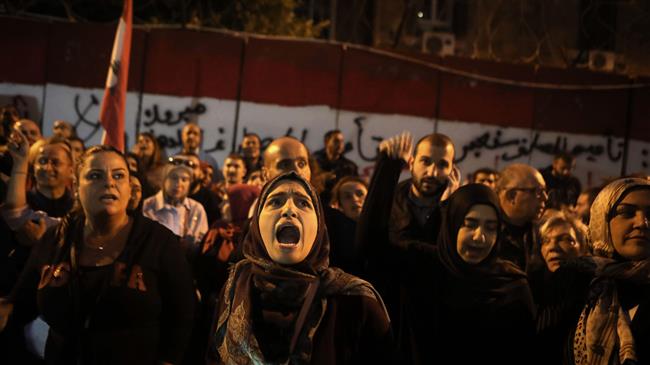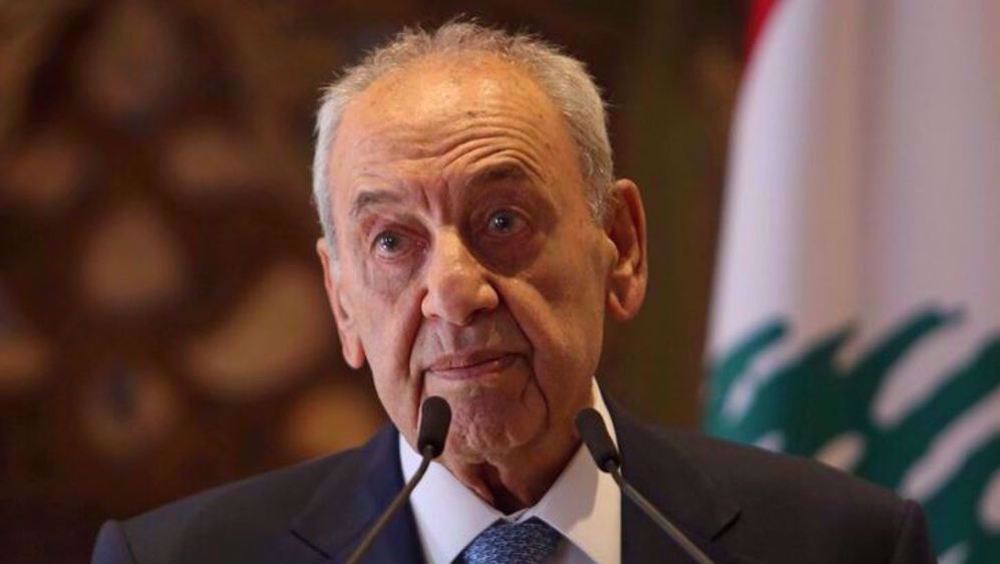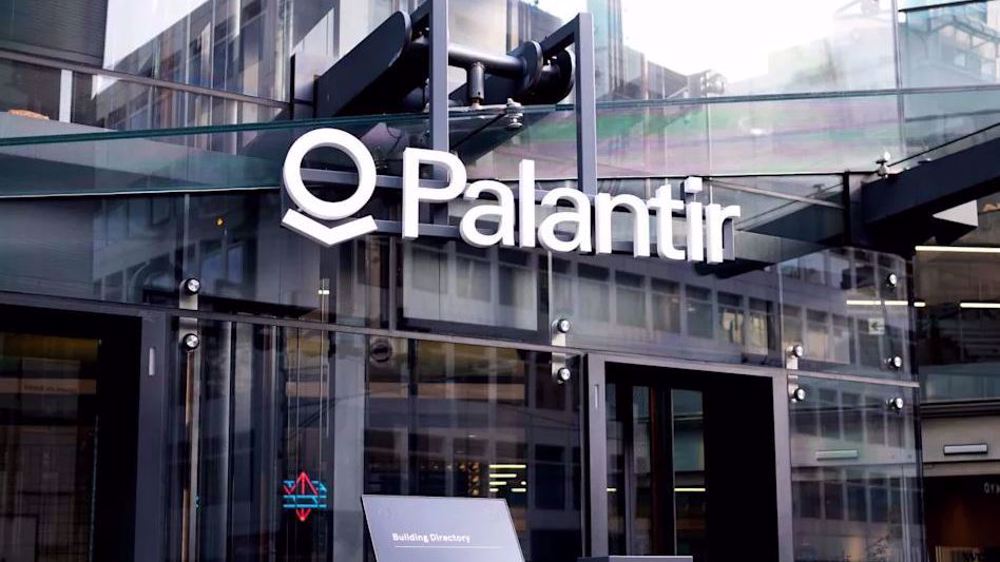Over 70 companies in Lebanon to lay off employees amid financial crisis: Senior official
Lebanese Caretaker Labor Minister Camille Abousleiman says dozens of companies in the cash-strapped Arab country are set to resort to mass dismissals very soon as they are wrangling with their own debt problems in the wake of the acute financial and economic crisis that Lebanon is going through.
“Over the past month, more than 70 institutions and companies submitted requests to the ministry for the layoff of over 1500 workers, citing the current exceptional crisis prevailing in the country. Moreover, to hundreds of workers filing complaints of arbitrary dismissal, reduction in their wages and termination of employment contracts by their employers,” Abousleiman said during a press conference in the capital Beirut on Tuesday.
He urged companies not to fire employees without further thoughts because this will cause further deterioration in the living conditions of thousands of Lebanese families.
Abousleiman added that his ministry is trying to come up with a law that protects employees amid the current exceptional crisis prevailing in the country.
The Lebanese labor minister also called for urgent measures to be taken with the Supreme Judicial Council to activate arbitration work councils.
Lebanon has been facing a very tough economic situation because of failing policies of successive governments, which have led to the impoverishment of the people.
Growth in Lebanon has plummeted in the wake of endless political deadlocks and an economic crisis in recent years.
The country hosts 1.5 million Syrian refugees, and their presence is often blamed for putting pressure on the already struggling economy
Unemployment stands at more than 20 percent, according to official figures.
The Lebanese Finance Ministry says the national debt is hovering around $85 billion, which accounts for more than 150 percent of Gross Domestic Product (GDP).
Successive governments have also failed to address a waste management crisis or improve the electricity grid, which is plagued by daily power cuts.
On October 29, then Prime Minister Sa’ad al-Hariri submitted his resignation to President Michel Aoun.
Under the constitution, Hariri’s cabinet would stay on in a caretaker capacity until a new government is formed.
The protests began on October 17, when the government proposed imposing a tax on Whatsapp calls, along with other austerity measures.
Protesters in Lebanon have stopped blocking roads and setting up barricades, and instead shifted to holding sit-ins at state-affiliated sites.
They say they will maintain pressure on the political establishment until their demands for the departure of the ruling elite and an end to chronic economic mismanagement and corruption are met.
VIDEO | Press TV's news headlines
VIDEO | Germany under pressure over Afghans awaiting relocation in Pakistan
Berri warns US envoy Tom Barrack not to ‘threaten Lebanese'
Pezeshkian: Kazakhstan 'strategic partner'; Tokayev hails Iran's progress
VIDEO | Journey into world of plasma therapy
Machado resurfaces in Norway for dubious Nobel after fleeing Venezuela
Tehran slams US 'harassment' of Iranian diplomats to UN
Ayatollah Khamenei: Iran advancing despite challenges




















 This makes it easy to access the Press TV website
This makes it easy to access the Press TV website